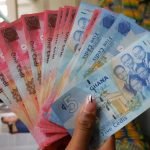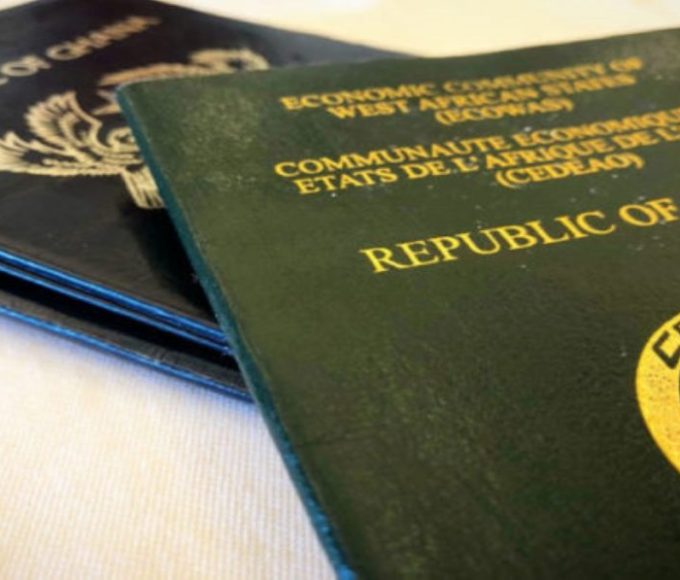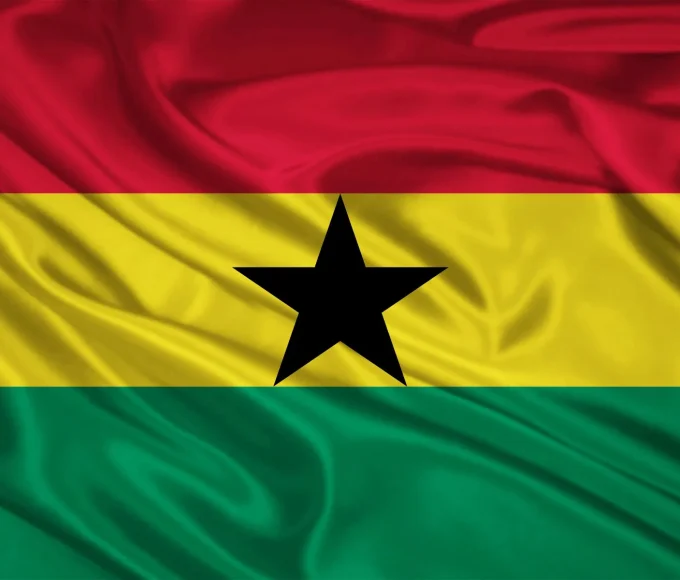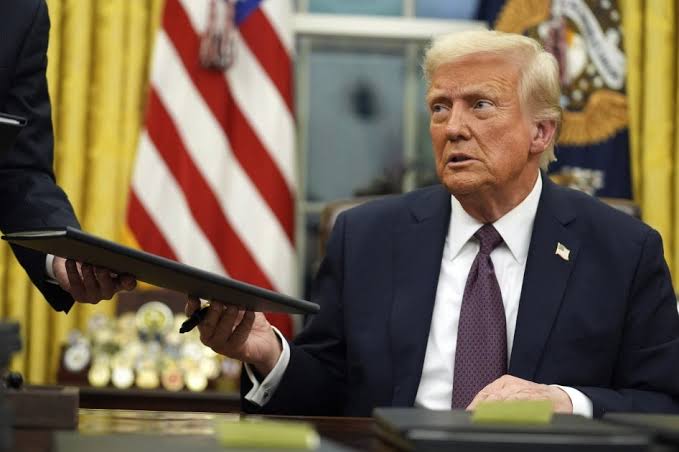
Gilbert Chagoury: The Convicted Money Launderer Behind Tinubu’s Global Image and Domestic Ambitions

As President Bola Tinubu’s administration deepens its grip on Nigeria’s public institutions, one name continues to surface behind the scenes of major deals, diplomatic flights, and controversial infrastructure projects:
Gilbert Ramez Chagoury, a Lebanese-Nigerian billionaire businessman, convicted money launderer, and former bag man for Nigeria’s late military dictator, Sani Abacha.
While his name rarely appears in official press releases, Chagoury’s fingerprints are visible across key decisions and financial flows under Tinubu’s administration, raising serious questions about state capture, corruption, and influence trading at the highest levels of government.
A Legacy of Kleptocracy
Chagoury first rose to notoriety in the 1990s as a close associate of General Sani Abacha, who ruled Nigeria with an iron fist from 1993 until his sudden death in 1998. Abacha looted an estimated $2–5 billion from the Nigerian treasury, much of it siphoned out of the country with the help of trusted intermediaries, Chagoury among them.
In 2000, Swiss prosecutors convicted Chagoury in connection with laundering funds tied to Abacha’s looting. He agreed to forfeit $66 million to the Nigerian government, a settlement that let him avoid prison. At the time, Swiss authorities described him as a key handler of illicit state funds.
Despite this, Chagoury remained untouched by Nigerian law enforcement and quietly rebuilt his reputation through real estate, construction, and political philanthropy.
From Vatican to West Africa: A Diplomatic Shield in St. Lucia
To protect his international standing, Chagoury cultivated deep relationships in Saint Lucia, a small Caribbean island nation. He currently serves as Saint Lucia’s Ambassador to the Holy See and Permanent Delegate to UNESCO.
These posts afford him diplomatic immunity in key jurisdictions and access to elite international forums, including the UNESCO Executive Board, where he successfully helped Saint Lucia win an influential seat. In 2015, he was awarded the Saint Lucia Cross, the country’s highest civilian honour.
His ambassadorial status functions less as service to Saint Lucia and more as a legal shield and image-laundering mechanism, according to many.
The Tinubu Connection
In recent years, Chagoury has resurfaced as a major power broker in Nigeria, especially since the election of President Bola Tinubu in 2023. The two men have a longstanding relationship dating back to Tinubu’s days as governor of Lagos.
Their alliance became increasingly visible when Chagoury’s Hitech Construction Company was awarded the multibillion-naira Lagos-Calabar Coastal Highway contract, a project criticised for a lack of transparency and environmental violations. Making matters more contentious, Tinubu’s son, Seyi Tinubu, sits on Hitech’s board, igniting widespread allegations of conflict of interest and crony capitalism.
Chagoury also reportedly provided the private jet used by Tinubu’s delegation on his 2024 state visit to South Africa, further highlighting the financier’s embedded role in state operations.
Although unelected and officially outside of government, Chagoury is widely regarded as Tinubu’s right-hand man, a quiet fixer with the money, experience, and international networks to shape policy, steer contracts, and protect elite interests behind closed doors.
Silent Partnerships and Loud Consequences
As Abuja contends with prolonged school closures, teacher strikes, and land-grabbing controversies tied to FCT Minister Nyesom Wike, elite deals like those handed to Chagoury illustrate a pattern of governance that prioritises private enrichment over public welfare.
The optics are damning:
While Chagoury secures billion-dollar contracts, Abuja’s public schools are shuttered, workers are unpaid, and land once reserved for education and community use is quietly being reallocated to insiders.
All this occurs under Tinubu’s silent approval.
Saint Lucia, Scholarships, and Soft Power
In June 2025, President Tinubu made a high-profile visit to Saint Lucia, where he was awarded the Knight Commander of the Order of Saint Lucia, the country’s highest national honour. The trip was officially billed as part of a cultural diplomacy effort to reconnect with the African diaspora and strengthen bilateral ties.
While addressing the Saint Lucian Parliament, Tinubu proposed: Scholarships for Saint Lucian students to study in Nigerian universities, Visa-free travel for citizens of the OECS (Organisation of Eastern Caribbean States) to Nigeria, and a promise to deepen trade and cultural partnerships.
However, many alleged that the visit was facilitated by Chagoury, who maintains profound influence in Saint Lucia’s diplomatic and elite circles. The trip, dressed in the language of Pan-African solidarity, also illustrates Chagoury’s use of Caribbean diplomacy to repackage and rebrand Nigerian leadership abroad, while reinforcing his status as a global power broker.
A Question of Accountability
Gilbert Chagoury’s sustained presence at the heart of Nigerian politics, despite his criminal record and shadowy past, raises fundamental questions:
Who truly governs Nigeria and for whom.
With public trust reducing and transparency under siege, many Nigerians are asking:
How does a convicted financier of a former dictator become a central figure in a democratic government’s inner circle, again?
And more urgently:
How long can the public afford to remain silent when their leaders are not?
Read More:
- Africa World Airlines Launches Direct Accra-Ouagadougou Flights, Boosts Connectivity with Sahel Region
- Nigerian Filmmaker Kachi Benson Wins Emmy for Heartfelt Ballet Documentary ‘Madu’
About The Author
Related Articles
Ghanaians to Travel to St Kitts and Nevis Without Visa
Ghanaian citizens will soon be able to travel to the Caribbean nation...
ByWest Africa WeeklyMarch 5, 2026Ghana Records Sharp Drop in Inflation, Lowest Since 2021
Ghana’s inflation rate dropped to 3.3 percent in February 2026, marking the...
ByWest Africa WeeklyMarch 5, 2026Iran’s Strikes on U.S. Bases Expose the Hidden Dangers of Hosting Western Troops — A Warning for Africa as Leaders Like Tinubu Expand U.S. Military Presence
The recent escalation in military tensions between the United States and Iran...
ByWest Africa WeeklyMarch 5, 2026What Do Countries Targeted by the United States Have in Common?
Look at the list. Iran, Palestine, Venezuela, Syria, Iraq, Nigeria, Somalia, Yemen....
ByWest Africa WeeklyMarch 4, 2026











Leave a comment